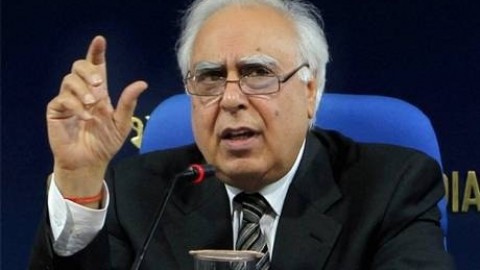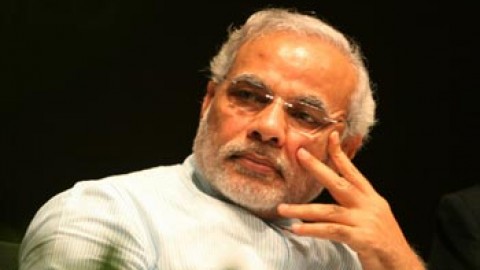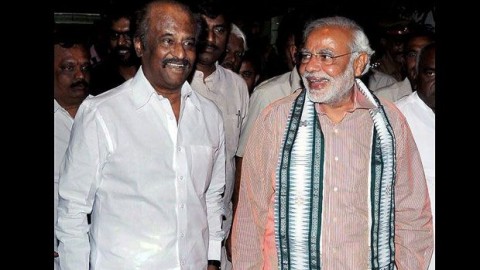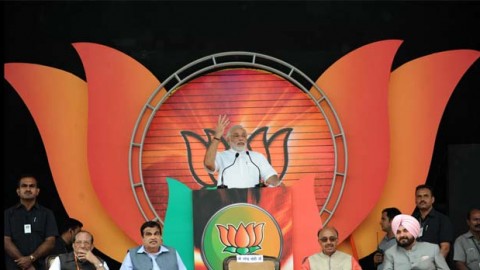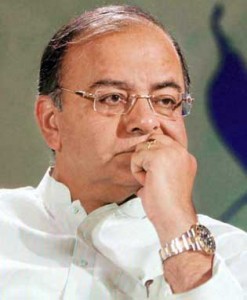|
Subject
|
The Jan Lokpal Bill
|
Government’s Lokpal Bill
|
|
Prime Minister
|
Can be investigated with permission of seven member Lokpal bench.
|
PM cannot be investigate by Lokpal.
|
|
Judiciary
|
Can be investigated, though high level members may be investigated only with permission of a seven member Lokpal bench.
|
Judiciary is exempt and will be covered by a separate “judicial accountability bill”.
|
|
MPs
|
Can be investigated with permission of seven member Lokpal bench.
|
Can be investigated, but their conduct within Parliament, such as voting, cannot be investigated.
|
|
Lower bureaucracy
|
All public servants would be included.
|
Only Group A officers will be covered.
|
|
The CBI
|
will be merged into the Lokpal.
|
The CBI will remain a separate agency.
|
|
Central Bureau of Investigation (CBI)
|
Removal of Lokpal members and Chair Any person can bring a complaint to the Supreme Court, who can then recommend removal of any member to the President.
|
Any “aggrieved party” can raise a complaint to the President, who will refer the matter to the CJI.
|
|
Removal of Lokpal staff and officers
|
Complaints against Lokpal staff will be handled by independent boards set-up in each state, composed of retired bureaucrats, judges, and civil society members.
|
Lokpal will conduct inquiries into its own behavior.
|
|
Lokayukta
|
Lokakyukta and other local/state anti-corruption agency would remain in place.
|
All state anti-corruption agencies would be closed and responsibilities taken over by centralized Lokpal.
|
|
Whistleblower protection
|
Whistleblowers are protected law.
|
No protection granted to whistleblowers.
|
|
Punishment for corruption
|
Lokpal can either directly impose penalties, or refer the matter to the courts. Penalties can include removal from office, imprisonment, and recovery of assets from those who benefited from the corruption.
|
Lokpal can only refer matters to the courts, not take any direct punitive actions. Penalties remain equivalent to those in current law.
|
|
Investigatory powers
|
Lokpal can obtain wiretaps, issue rogatory letters, and recruit investigating officers. Cannot issue contempt orders.
|
Lokpal can issue contempt orders, and has the ability to punish those in contempt. No authority to obtain wiretaps, issue rogatory letters, or recruit investigating officers.
|
|
False, frivolous and vexatious complaints
|
Lokpal can issue fines for frivolous complaints (including frivolous complaints against Lokpal itself), with a maximum penalty of 1 lakh.
|
Court system will handle matters of frivolous complaints. Courts can issue fines of Rs25,000 to 2 lakh.
|
|
Scope
|
All corruption can be investigated.
|
Only high-level corruption can be investigated.
|






